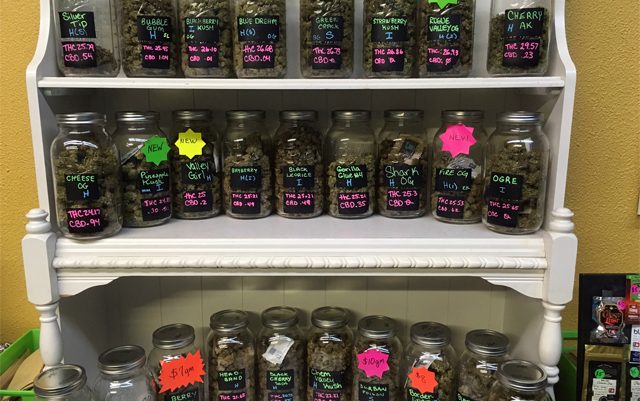It’s no secret that the rollout of California’s adult use marijuana retail market has been slower than many had anticipated. While high taxes and restrictive regulations certainly play a part in the suppression of the market, one variable seems to be having more impact than any other: local jurisdictions banning retail shops within their borders.
To help remedy this, lawmakers in California are considering a proposal that would force jurisdictions where voters approved Proposition 64 in 2016 to allow at least some cannabis retailers. Under Assembly Bill 1356, those cities and towns would have to permit one cannabis retailer for every four bars or restaurants with a liquor license or one for every 10,000 residents, whichever is fewer. This would establish another 2,000+ retailers throughout the state; officials say there are about 631 legal shops currently open.
While most people would likely agree that local control is important, how do you square voters of a city approving Prop 64 and the officials in that same city banning retail shops? Hasn’t the decision of officials gone against the will of the voters in that case?
Even though voters approved Proposition 64 in 342 of the state’s 482 cities and 46 of California’s 58 counties, some 2/3rds of local jurisdictions have outlawed retailers. There is a disconnect there, and until that disconnect is fixed, CA’s legal cannabis industry will continue to suffer from stunted growth and competition from the still-vibrant black market.
“What this bill does is insure that the voters who voted for Proposition 64 have access to cannabis especially in jurisdictions that approved it,” said Assemblyman Phil Ting (D-San Francisco), the measure’s author. “If you live in a jurisdiction that didn’t approve it, this doesn’t affect you at all.”
More places for consumers to buy legal cannabis will erode the black market and draw more investment capital to the legal market. More investment means more jobs and more economic activity for cities and towns where retailers operate. More retailers means more tax revenue for local and state government.
Some local lawmakers object to businesses opening in their towns that operate on a cash basis (since cannabis businesses are barred from using traditional banking for the most part). This is a valid concern, and one that can be easily addressed by allowing cannabis businesses access to established banks.
The California adult-use marijuana market will never flourish as long as most of the state outlaws retail shops. The longer the industry is crippled in this way, the longer it will take to overcome the effects.






